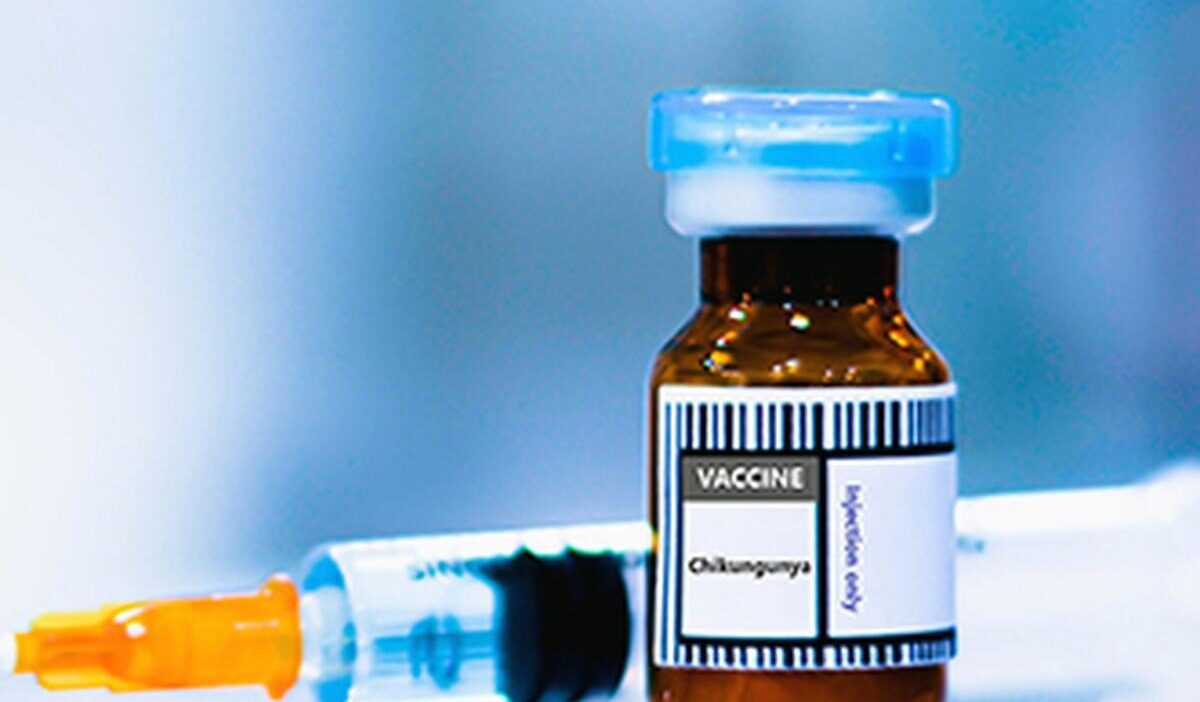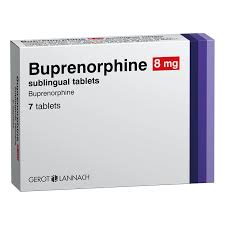In a significant move that underscores the importance of vaccine safety monitoring, the U.S. Food and Drug Administration (FDA) has suspended the biologics license for Ixchiq, the first and only chikungunya vaccine approved in the United States. This decision comes just months after the vaccine’s accelerated approval in November 2023, highlighting serious safety concerns that have emerged during its brief time on the market.
The suspension represents a major development in vaccine safety oversight and raises important questions about balancing rapid vaccine approval with thorough safety monitoring, especially for diseases that primarily affect tropical regions but are increasingly relevant due to climate change and global travel.
Table of Contents
Timeline of Ixchiq’s Approval and Suspension
| Date | Event | Significance |
|---|---|---|
| November 2023 | FDA grants accelerated approval to Ixchiq | First chikungunya vaccine approved in US |
| Early 2024 | Reports of serious adverse events emerge | Vaccine safety monitoring detects patterns |
| August 2024 | FDA suspends biologics license | Formal regulatory action taken |
| Present | Valneva stops US distribution | Vaccine no longer available in American market |
Why Did FDA Suspend the Chikungunya Vaccine?
The FDA’s decision wasn’t made lightly. According to the FDA Vaccine Adverse Event Reporting System (VAERS), concerning patterns emerged:
Reported Serious Adverse Events
- 1 confirmed encephalitis death directly linked to vaccination
- 20+ serious adverse events resembling actual chikungunya illness
- 21 hospitalizations following vaccination
- 3 total deaths among vaccine recipients
The FDA Center for Biologics Evaluation and Research determined that:
- The vaccine’s clinical benefit remains unproven
- Its risks outweigh potential benefits in most scenarios
- Continued use would endanger public health
What is Chikungunya Virus?
Chikungunya is a mosquito-borne viral disease that causes:
- High fever and severe joint pain (often debilitating)
- Muscle pain, headache, nausea, fatigue
- Rash that typically appears 2-3 days after fever onset
- Some patients develop long-term joint complications
The disease has been spreading globally with climate change, making effective prevention increasingly important.
Manufacturer’s Response and Global Implications
Valneva, the French pharmaceutical company that developed Ixchiq, maintains that the reported cases align with known data from clinical trials and post-marketing surveillance. The company noted that older adults were already flagged in prescribing warnings as being at higher risk for adverse events.
Thomas Lingelbach, Valneva’s CEO, stated: “As we determine potential next steps, and as the clear threat of chikungunya continues to escalate globally, Valneva remains fully committed to maintaining access to our vaccine as a global health tool for addressing and preventing outbreaks of this devastating illness.”
The company has immediately stopped shipping and selling the vaccine in the United States but plans to continue providing it in other countries where it’s licensed, particularly low- and middle-income chikungunya-endemic countries where the risk-benefit calculation may differ.
FAQ About Chikungunya Vaccine Suspension
Q: Should I be worried if I already received the Ixchiq vaccine?
A: Most vaccine recipients did not experience serious side effects. However, if you received Ixchiq and developed persistent symptoms resembling chikungunya (fever, joint pain, rash), consult your healthcare provider. The risk of serious adverse events appears highest in older adults.
Q: What alternatives exist for chikungunya prevention now?
A: Without a vaccine, prevention relies exclusively on mosquito avoidance: using EPA-registered insect repellents, wearing protective clothing, eliminating standing water where mosquitoes breed, and staying in air-conditioned or well-screened areas.
Q: Will the vaccine ever return to the US market?
A: Possibly, if Valneva can provide additional safety data addressing the FDA’s concerns or identify specific populations where benefits clearly outweigh risks. The company may need to conduct additional studies or reformulate the vaccine.
Q: How common are vaccine suspensions like this?
A: Complete license suspensions are relatively rare, especially so soon after approval. The FDA’s accelerated approval pathway allows earlier approval based on surrogate endpoints, but requires post-marketing studies to confirm anticipated benefits.
Q: Should travelers to endemic areas be concerned about this suspension?
A: Travelers should practice enhanced mosquito protection and be aware of chikungunya symptoms. The suspension doesn’t mean chikungunya risk has decreased—rather that this particular vaccine’s safety profile was unsatisfactory for continued US use.
Q: What should healthcare providers tell patients about chikungunya prevention now?
A: Providers should emphasize non-vaccine prevention strategies and early recognition of symptoms. Patients traveling to endemic areas should be counseled about mosquito avoidance and when to seek medical care if symptoms develop.
Key Takeaways
- The FDA suspended Ixchiq’s license due to serious safety concerns, including one confirmed encephalitis death
- Older adults appear particularly vulnerable to vaccine-related adverse events
- The risk-benefit analysis favored suspension despite chikungunya’s serious health impacts
- Valneva will continue supplying the vaccine to other countries, especially endemic regions
- Mosquito avoidance remains the primary prevention strategy for now



